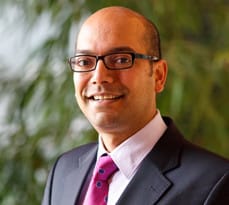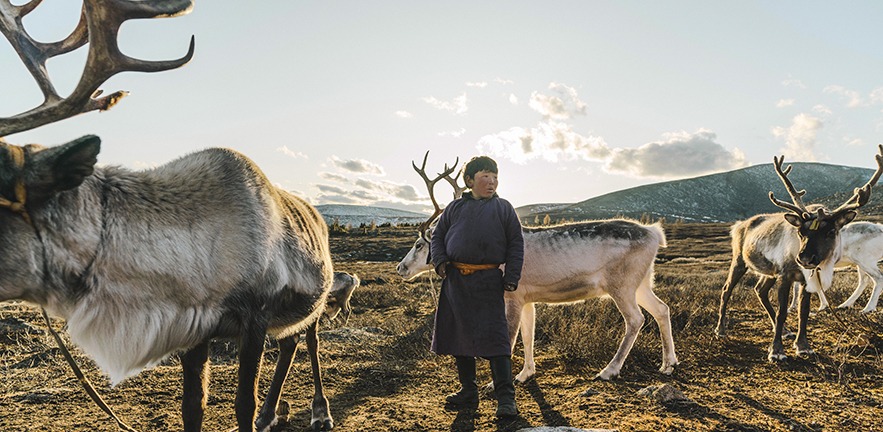Centuries-old experience and practices of Indigenous people can unleash biocultural innovation to help solve some of society’s biggest problems, says study co-authored by Professor Jaideep Prabhu of Cambridge Judge Business School.

Centuries-old Indigenous knowledge and practices around the world should be tapped to unleash the “biocultural innovation” that can help solve some of society’s most pressing problems, says a new study co-authored by Professor Jaideep Prabhu of Cambridge Judge Business School.
Many important drugs including treatment for HIV (from a flowering plant native to Peru) can be traced to such Indigenous know-how, and Indigenous agricultural practices ranging from intercropping to water harvesting have fuelled a fast-growing regenerative agricultural industry worth 10s of billions of dollars while sequestering carbon and enhancing biodiversity.
Converting the biosphere and ethnosphere to solve problems
Yet the study published in the Journal of Product Innovation Management concludes that there is plenty of untapped biocultural innovation that occurs at the intersection of 2 key “assets”: the biosphere (the sum total of all biological ecosystems) and the ethnosphere (the sum total of human knowledge and experience, much of that held by Indigenous people).
“Due to their immense biocultural diversity, we assert that these assets carry an ‘option value’ representing enormous innovation potential that can be converted, conserved or constructed to solve global challenges” such as slow economic growth, ecological decline and inequality, the study says.
Parallels between frugal innovation and Indigenous knowhow
Study co-author Jaideep Prabhu, Professor of Marketing at Cambridge Judge Business School, has for many years focused on initiatives in developing countries that have practical application in developed countries, including 2 books on frugal innovation, or making the most of limited resources.
“The potential for Indigenous knowledge and experience has parallels with frugal innovation in the sense of potential that can and should be tapped,” says Jaideep. “The study argues that there has been a major oversight in examining Indigenous practices and this results in untapped potential to address the world’s most serious and intractable problems.”
Three ways to unlock value from biocultural assets
The study says that the ethnosphere and biosphere share 4 traits – functionality, potentiality, vulnerability and inseparability – that can unlock new value from biocultural assets in 3 ways:
- Innovating to convert or unlock value, such as how the Kani tribe in India converted its traditional knowledge of the herbaceous plant Trichopus zeylanicus into a drug to treat fatigue and stress.
- Innovating to conserve or protect value. This includes a collaboration between NASA and Indigenous reindeer herders to sustainably manage the Arctic by combining sophisticated Indigenous knowhow with advanced Geographic Information Systems.
- Innovating to construct or restore value, such as “firestick farming” to combat the destructive impact of bushfires while improving the health and productivity of the land.
Why Indigenous communities should be seen as active co-creators
There have been many previous academic studies of Indigenous communities, but the immense innovation potential of such communities has regretfully been unexplored, the authors say. “Scholars and practitioners have often viewed Indigenous communities as passive beneficiaries or victims of new goods, services, processes, and business models, rather than seeing their potential as active (co-) creators,” the study says. “This is despite the profound impact of their knowledge to date.”
The study
The study in the Journal of Product Innovation Management – entitled “Biocultural innovation: innovating at the intersection of the biosphere and ethnosphere” – is co-authored by Jarrod Vassallo of the University of Sydney Business School, Sourindra Banerjee of Leeds University Business School, and Jaideep Prabhu of Cambridge Judge Business School.


